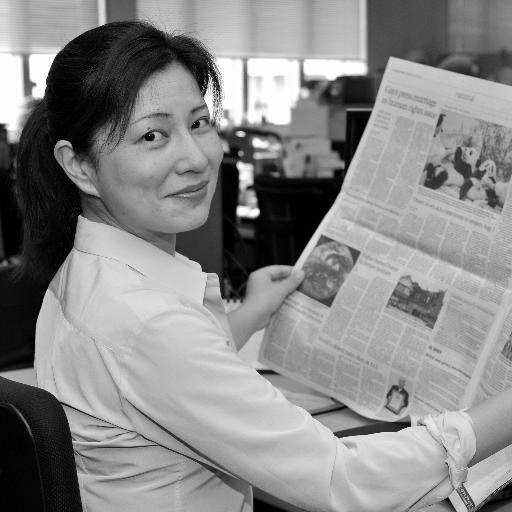
Tomoko Otake
Tomoko Otake is a senior writer with a strong interest in health, medical and social issues. A native of Nara Prefecture, she obtained an M.A. in journalism from The University of Montana.
Oct 21, 2003




















